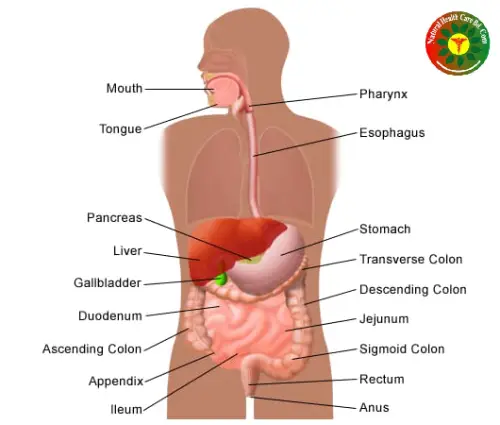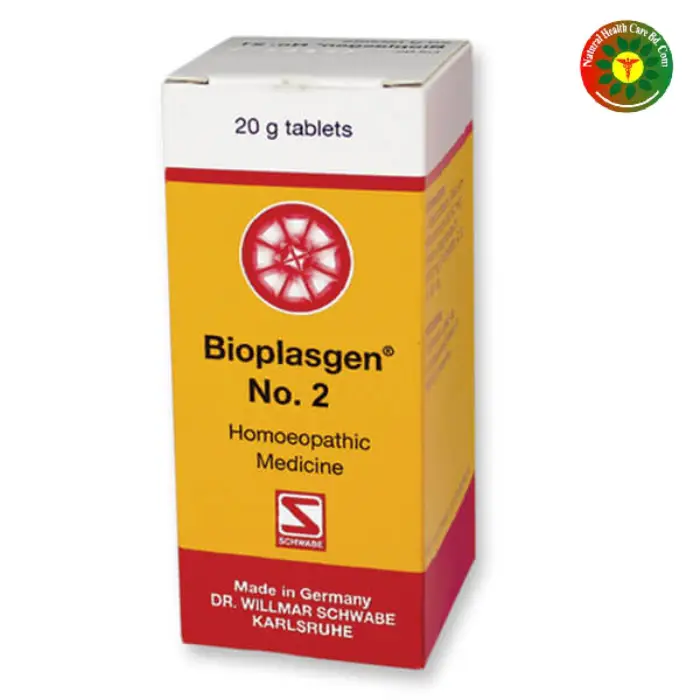Child care during the change of seasons
After the winter season comes the spring season; the change of seasons affects all animals. During this time, children and older people must be more cautious. At this time, children often have a common cold, accompanied by symptoms such as sneezing and coughing. A mild fever may also occur. A slight carelessness can lead to pneumonia or bronchiolitis from a common cold or flu. The number of people affected by bronchiolitis and pneumonia is very high at this time. Children with a common cold or flu typically experience a runny nose, sneezing, and coughing.
Child care during the common cold and cough:
The child should be dressed according to the weather. Do not wear too many clothes or thick clothes. This can cause the child to sweat and catch a cold even more. Sweaters should not be worn at night. If the child has a cough, give them 5-6 teaspoons of hot water with lemon and sugar or hot water with honey 4-5 times a day. If your child has a blocked nose due to a cold, use a dropper to administer two to three drops of normal saline (a saline solution) into each nostril. Then, clean the nose thoroughly with a cotton swab. Do this every time the child eats and before going to bed. Mustard oil cannot be used to clean the nose.
Prevention:
Weather-related illnesses can be avoided. Caregivers must stay informed about weather changes. When it feels hot during the day and night, the fan should not be run at high speed, and it should be turned off towards the end of the night. Many times, children suffer from various complications just because of the air from the fan. Therefore, as a precaution, the child should wear thin, soft clothing while sleeping at night.
Another way to prevent seasonal diseases is to encourage children to eat balanced and vitamin-rich foods. This food list may include vegetables, seasonal fruits, fish, meat, rice, and pulses, among others. If anyone in the family is suffering from a viral fever, then they should stay away from the child.
If the child cannot eat at all, they must be taken to a nearby medical center. Necessary measures should be taken as advised by the doctor.






0 Comments